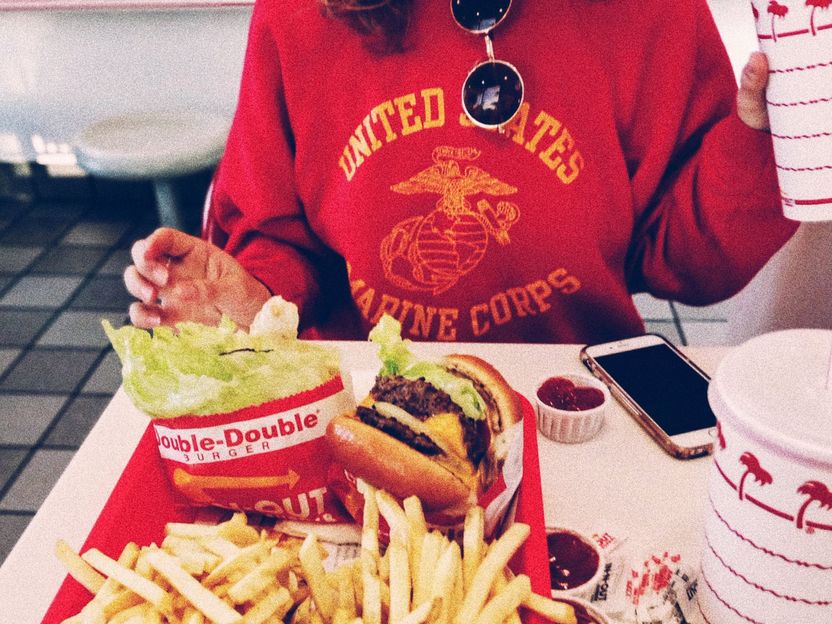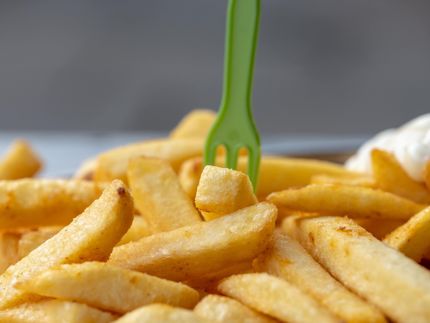Healthy commercial ads don’t change teens’ desire to eat junk food
Advertisement
How teens’ brains respond to TV commercials for fast food can predict what they are going to eat for dinner, according to new University of Michigan research.

symbol image
Photo by Avi Naim on Unsplash
Teens who had greater responses in reward centers of the brain when viewing commercials for unhealthy foods—like cheeseburgers and milkshakes—from fast food restaurants ate more junk food in a simulated fast food restaurant.
Surprisingly, teens who had heightened brain responses associated with reward, memory and visual attention to commercials for healthier foods—like salads and smoothies—from fast food restaurants were also prone to eat more junk food.
The findings, published in the American Journal of Clinical Nutrition, contributes to previous studies about food advertising as a major contributor to obesity—and fast food restaurants are the main advertisers.
But few studies have investigated the neural predictors of food intake by teens.
“The ability of fast food commercials to prime these brain systems, potentially outside of the conscious awareness, may make it particularly challenging for adolescents to defend themselves against the negative effects of food marketing,” said Ashley Gearhardt, U-M associate professor of psychology and the study’s lead author.
“Teens are a major advertising target for the food industry and they receive little protection. Our results suggest that fast food restaurants adding more advertisements for healthier foods is unlikely to protect adolescents. Reducing the overall amount of food advertising viewed by teens is an important target for improving health.”
The study sample of 171 teens aged 13-16 viewed unhealthy fast food commercials with cheeseburgers and French fries; healthier commercials with salads, grilled chicken sandwiches; and nonfood commercials in a functional magnetic resonance imaging (FMRI). The participants were able to consume food featured in the commercials that varied in nutrition in a simulated fast food restaurant.
Some key findings:
-
More neural activation in the brain’s “reward” region predicted greater total food intake.
Healthier commercials from fast food restaurants are unlikely to encourage healthy food consumption. The restaurant logos and branding trigger cues associated with the sale of predominantly unhealthy foods.
Teens who showed less activation in a brain region associated with visual attention to unhealthy fast food commercials had more healthier food intake.
The study’s co-authors were Sonja Yokum of the Oregon Research Institute, Jennifer Harris of the University of Connecticut, Leonard Epstein of State University of New York at Buffalo and U-M’s Julie Lumeng, professor of pediatrics.


























































